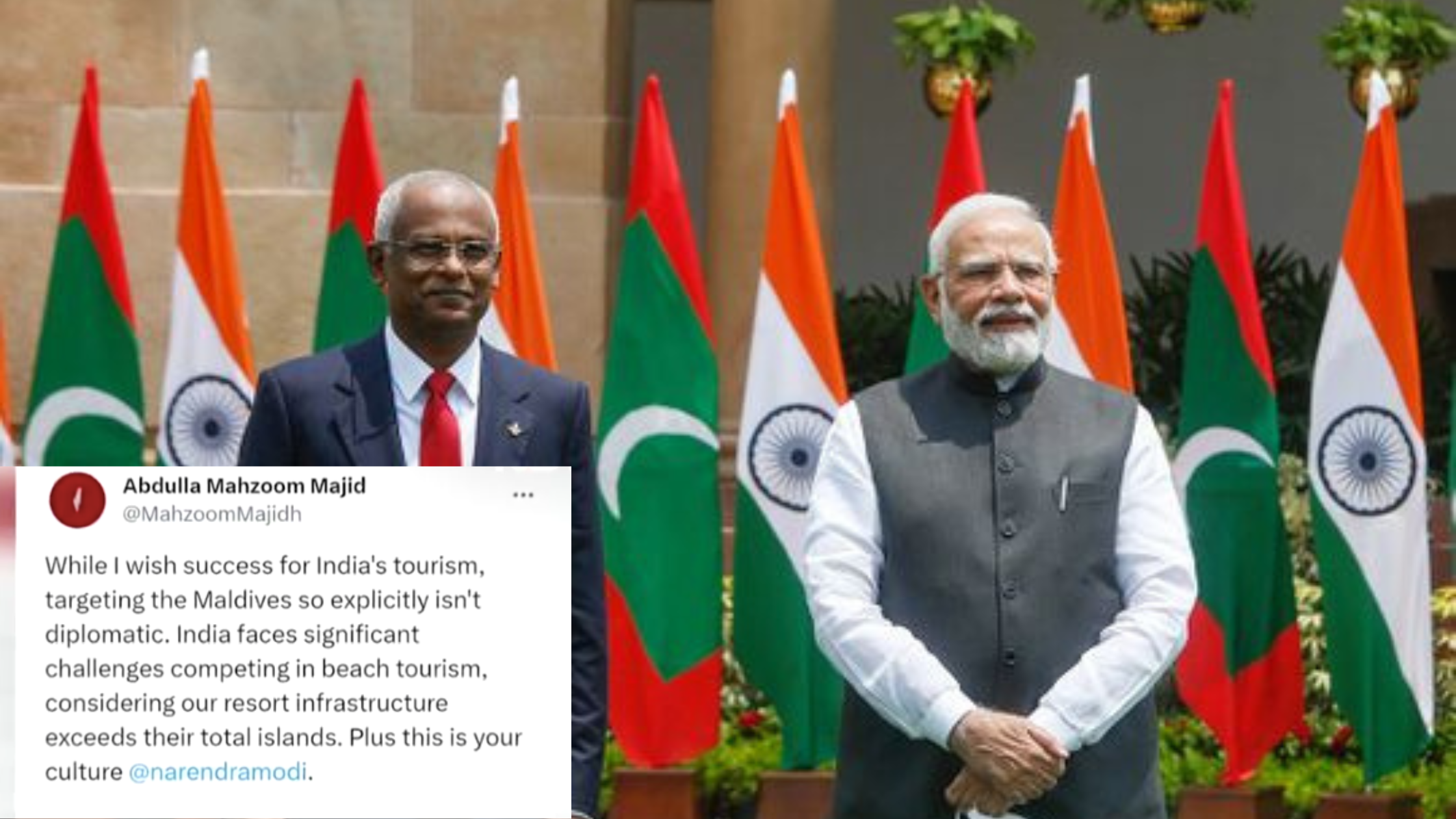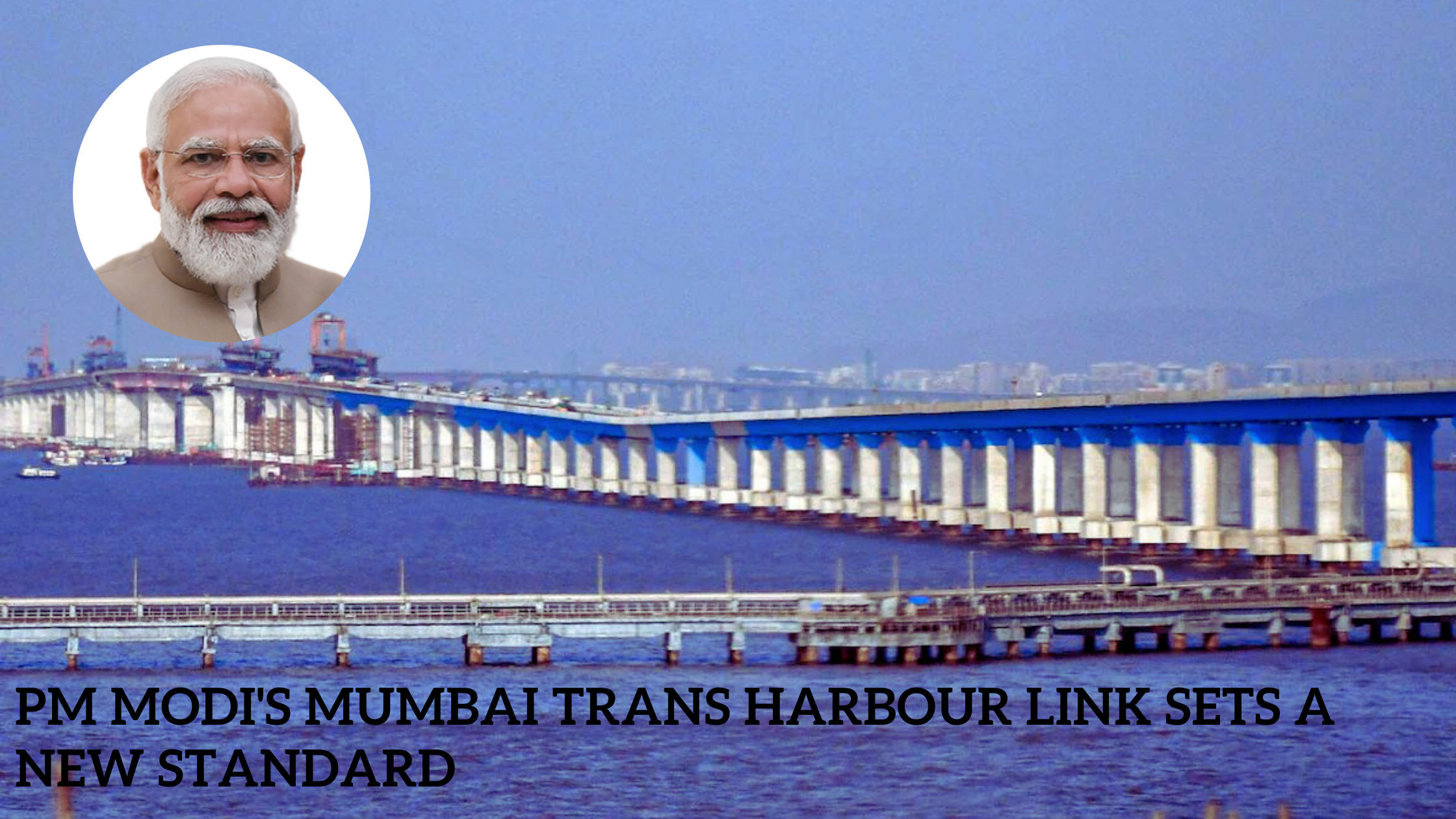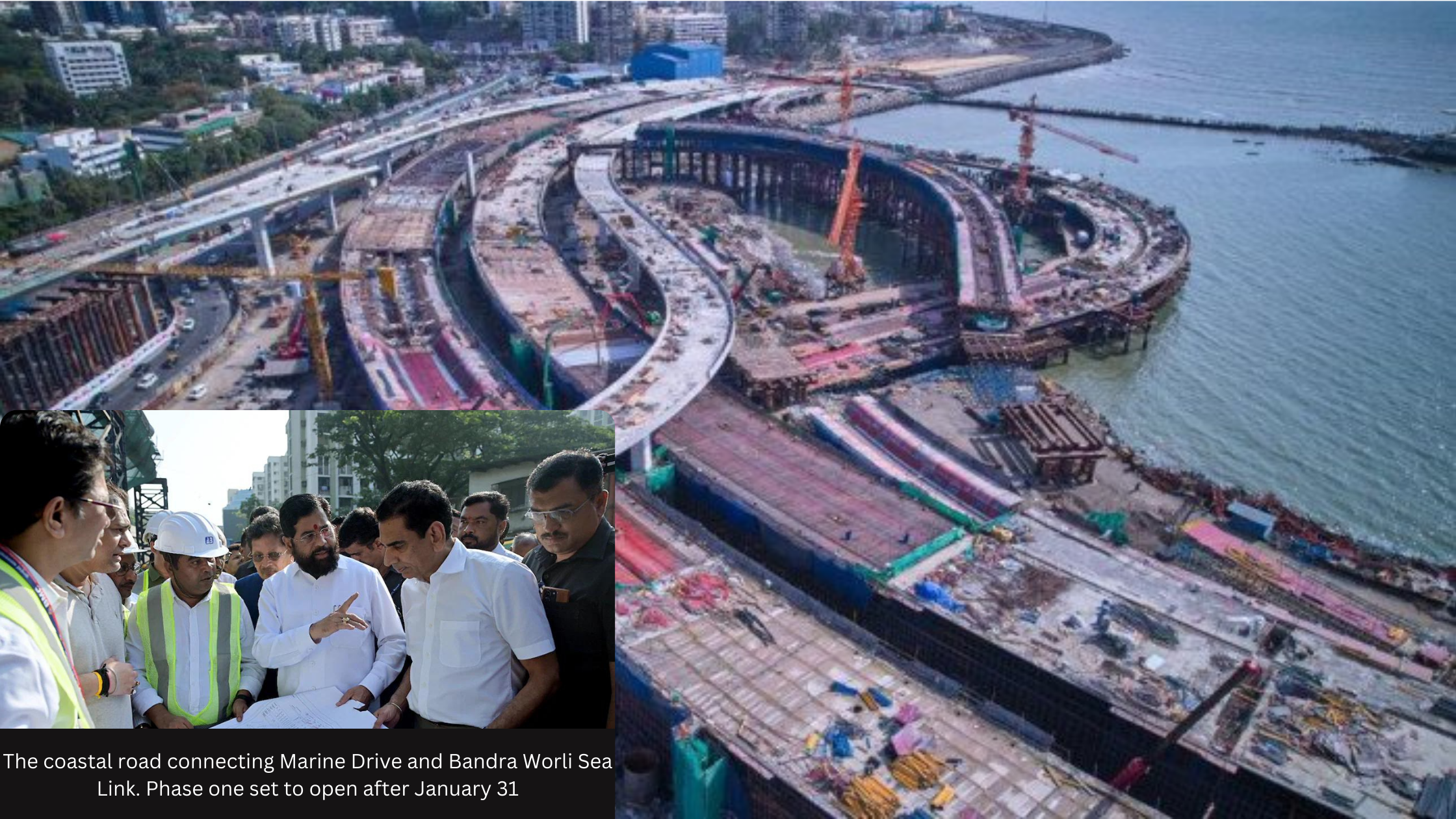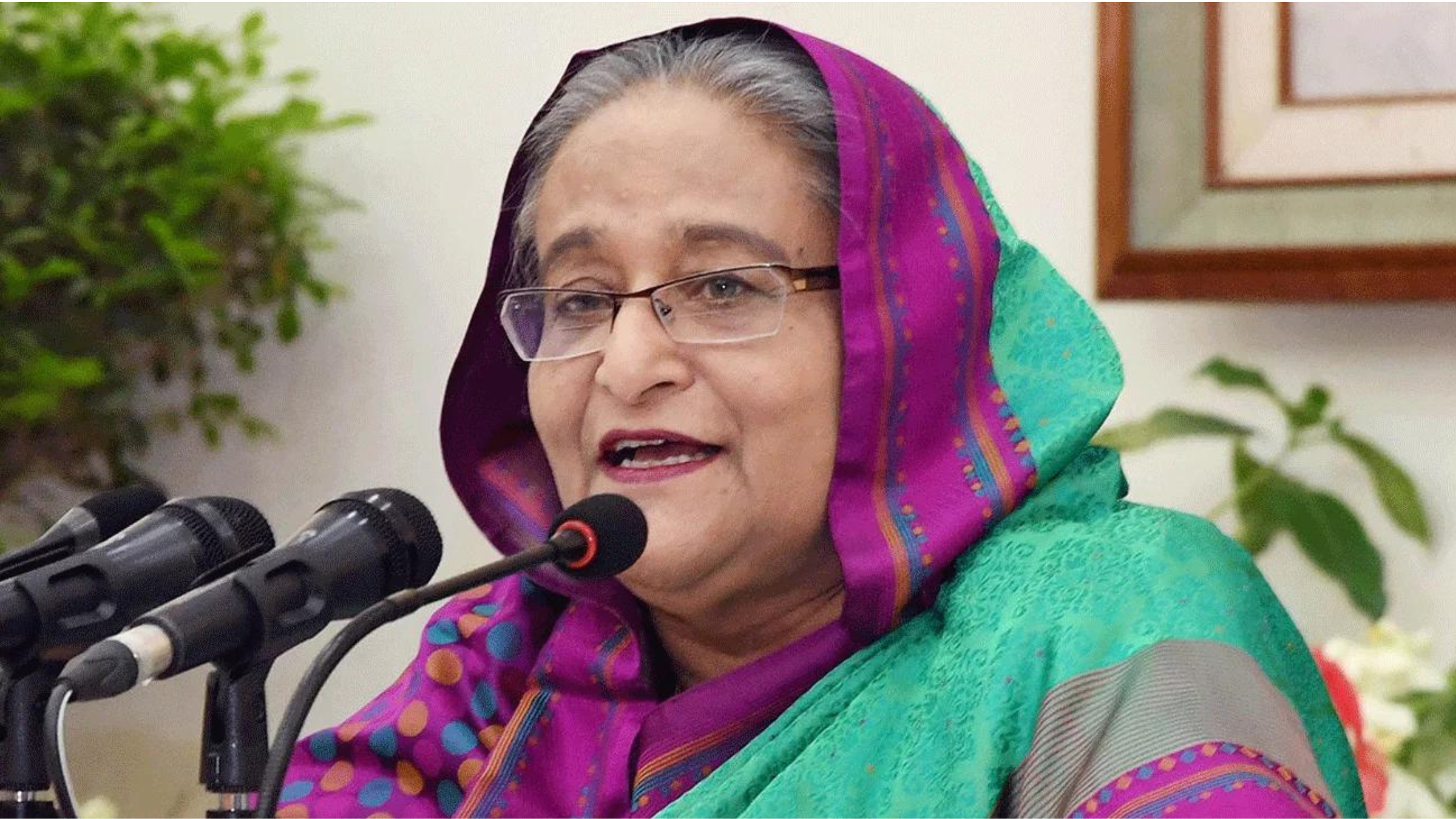PM Modi’s Lakshadweep Tour Sparks Diplomatic Exchange with Maldives Minister
Dive into the diplomatic discourse ignited by a Maldives Minister’s comments on PM Modi’s Lakshadweep visit. Explore the nuances of this cross-border conversation, shaping regional diplomatic perspectives.
Maldives Minister’s Post on PM Modi’s Lakshadweep Visit Triggers Row on Social Media
In the intricate web of international relations, a single tweet can spark debates, fuel controversies, and redefine diplomatic landscapes. Such is the case with the recent social media uproar ignited by a tweet from a Maldives minister just days after Prime Minister Narendra Modi visited the Lakshadweep archipelago. The aftermath has unraveled a web of tensions, providing a glimpse into the strained ties between India and the Maldives.
Prime Minister Modi’s visit to Lakshadweep, India’s smallest Union Territory comprising 36 islands spanning 32 sqkm, was ostensibly aimed at promoting tourism on this picturesque archipelago. However, it appears that the ripple effects of this visit reached far beyond the turquoise waters of Lakshadweep.
The Maldives minister, through a tweet, openly accused India of targeting the Maldives and highlighted the challenges India faces in competing with the Maldives in the realm of beach tourism. The tweet came on the heels of PM Modi’s posts on social media, particularly X (formerly Twitter), where he shared glimpses of his snorkeling escapades in Lakshadweep. These posts quickly went viral, sparking a surge of interest among social media users in India who began suggesting Lakshadweep as an alternative tourist destination to the Maldives.
The backdrop to this social media row is the evolving dynamics in India-Maldives relations over the past few months. President Mohamed Muizzu, who assumed office in November 2023, has been at the center of these changes. In a bid to redefine the geopolitical landscape of the Maldives, President Muizzu pledged to remove a contingent of around 75 Indian military personnel from the island nation and shift away from the “India first” policy.
The strained ties between India and the Maldives have taken a turn towards China, with President Muizzu scheduled to visit China soon. Chinese President Xi Jinping extended the invitation, emphasizing the “time-honored friendship” between China and the Maldives. President Muizzu, perceived as pro-China, defeated the India-friendly Ibrahim Mohamed Solih in the presidential run-off in September.
Interestingly, Muizzu’s predecessors traditionally visited India first, emphasizing the broad bilateral ties and geographical proximity. However, Muizzu’s inclination towards China has altered this pattern, reflecting the shifting sands of geopolitical alliances in the Indian Ocean Region.
The tensions escalated when Muizzu, in a meeting with PM Modi during the COP28 climate talks in December 2023, raised concerns about the presence of Indian military personnel in the Maldives. The two leaders agreed to establish a core group to discuss bilateral relations, but the call for the withdrawal of Indian military personnel and the review of bilateral agreements added strain to the relationship.
Muizzu’s Vice President, Hussain Mohamed Latheef, recently visited China, participating in the China-Indian Ocean Region Forum on Development Cooperation. Despite praising Chinese infrastructure projects, Latheef made no mention of China’s Belt and Road Initiative (BRI), under which many Maldivian projects were developed.
The Maldives, a key maritime neighbor for India in the Indian Ocean Region, holds a strategic position in initiatives like SAGAR (Security and Growth for All in the Region) and the ‘Neighbourhood-First Policy’ of the Modi government. Its proximity to India, significant strategic importance, and location at the hub of commercial sea lanes make it a linchpin in India’s regional policies.
As the social media row unfolds and diplomatic tensions simmer, the nuances of this geopolitical chess game become more apparent. The Maldives, caught in the crosscurrents of India and China, is navigating a delicate balance that could redefine not only its own destiny but also the broader geopolitical landscape of the Indian Ocean Region. The tweet may be just a digital echo, but its reverberations are felt far beyond the pixels on the screen, shaping the contours of diplomatic discourse in the real world.



